Call Center Automation Software: Enhance Efficiency & Customer Experience

Сall centers face the challenge of handling high call volumes while maintaining quality customer service. Call center automation software offers a solution to this problem by streamlining operations and improving efficiency. In this article, we’ll explore the benefits of call center automation software and how it can help your business optimize its call center operations. Whether you’re looking to improve response times, increase agent productivity, or enhance customer satisfaction, this article will provide valuable insights into leveraging automation technology effectively in your call center.
What Is Call Center Automation?
Automation in call centers refers to the use of technology to streamline and optimize various aspects of call center operations. This automation aims to improve efficiency, reduce manual effort, and enhance the overall customer experience.

At its core, contact center automation involves the implementation of software solutions and tools that automate repetitive tasks and processes commonly performed by call center agents. These tasks may include call routing, call scripting, customer data retrieval, appointment scheduling, answering simple questions, and more.
Overall, call center automation aims to improve operational efficiency, reduce costs, and enhance the customer experience by streamlining processes, reducing wait times, and ensuring consistent service delivery across all communication channels.
Shifts by Everhour provides an intuitive shift scheduling software for managing employee schedules with ease. From flexible scheduling options to mobile accessibility, it’s the ideal solution for optimizing workforce management in any industry.
Benefits of Call Center Automation
Call center automation offers a multitude of benefits for both businesses and customers. Here are some of the key advantages:
💪 Improved efficiency: Automation streamlines repetitive tasks, such as call routing and data entry, allowing agents to focus on more complex issues. This results in faster resolution times and increased productivity.
💸 Cost savings: By reducing the need for manual intervention, call center automation lowers operational costs. Businesses can allocate resources more efficiently and optimize their workforce.
😊 Enhanced customer experience: Automation ensures consistent service delivery and reduces wait times for customers. Interactive voice response (IVR) systems and chatbots provide instant assistance, improving satisfaction levels.
🕕 24/7 availability: With automation, businesses can offer round-the-clock support to customers. IVR systems and chatbots handle inquiries outside of regular business hours, ensuring continuous service.
📈 Scalability: Automation solutions are scalable and can adapt to changing business needs. As call volumes fluctuate, businesses can adjust resources accordingly without compromising service quality.
📚 Data-driven insights: Automation tools capture valuable customer data during interactions, providing businesses with actionable insights. This data can be used to improve processes, personalize interactions, and enhance overall performance.
🚫 Reduced errors: Automation minimizes the risk of human error, ensuring accuracy and consistency in customer interactions. This leads to fewer mistakes and improved service quality.
🔐 Compliance and security: Automation helps businesses comply with industry regulations and data security standards. By automating processes such as call recording and data encryption, businesses can protect sensitive information and ensure regulatory compliance.
How Does Call Center Automation Work?
Call center automation revolutionizes operations by harnessing software integrations, machine learning, and artificial intelligence to automate tasks traditionally handled by human agents.
By analyzing data from diverse sources like operations, finances, and customer feedback, automation software constructs workflows and processes to alleviate administrative burdens.
From sending post-call surveys to deciphering customer sentiments in social media messages, automation tackles a spectrum of tasks to enhance efficiency and elevate the customer experience. Despite its benefits, implementing call center automation poses challenges.
Balancing customer experience and efficiency
One of the primary challenges is finding the right balance between providing exceptional customer experiences and improving operational efficiency. While automation can streamline processes, there’s a risk of alienating customers if interactions feel too robotic or impersonal.
Ensuring seamless integration
Integrating automation software with existing systems and workflows can be complex. Ensuring seamless integration is crucial to avoid disruptions in operations and maintain data integrity across platforms.
Managing customer expectations
Automation may change the way customers interact with the call center. Businesses need to manage customer expectations effectively to ensure they understand the benefits of automation while addressing any concerns about reduced human interaction.
Employee resistance and training
Employees may resist automation out of fear of job displacement or changes in job roles. Providing adequate training and support to employees is essential to help them understand the benefits of automation and adapt to new processes.
Handling complex customer interactions
While automation can handle routine inquiries effectively, complex or sensitive customer interactions may require human intervention. Businesses need to develop protocols for escalating such interactions to human agents seamlessly.
Examples of Call Center Automation
Call center automation has revolutionized operations, leveraging advanced technologies to streamline processes and enhance efficiency. Let’s explore various call center automation ideas and delve into examples of tools that automate call center workflow.
Interactive Voice Response (IVR) Systems
Interactive Voice Response (IVR) systems streamline call handling by automating the initial interaction with callers. IVR systems can route calls to the appropriate department or provide self-service options for common inquiries by utilizing pre-recorded voice prompts and menu options. This automation reduces call waiting times, improves call routing accuracy, and enhances overall customer satisfaction.
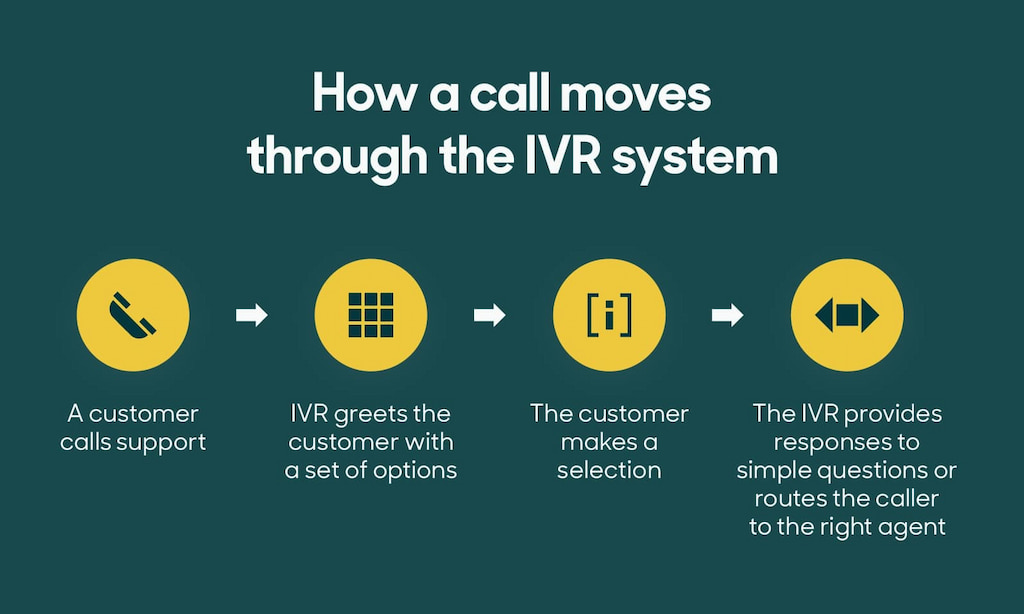
Chatbots and virtual assistants
Chatbots and virtual assistants leverage artificial intelligence and natural language processing to provide instant responses to customer inquiries via text-based channels such as chat, email, or social media. These call center automation AI agents can handle routine queries, provide product information, and even assist with basic troubleshooting, freeing up human agents to focus on more complex issues.
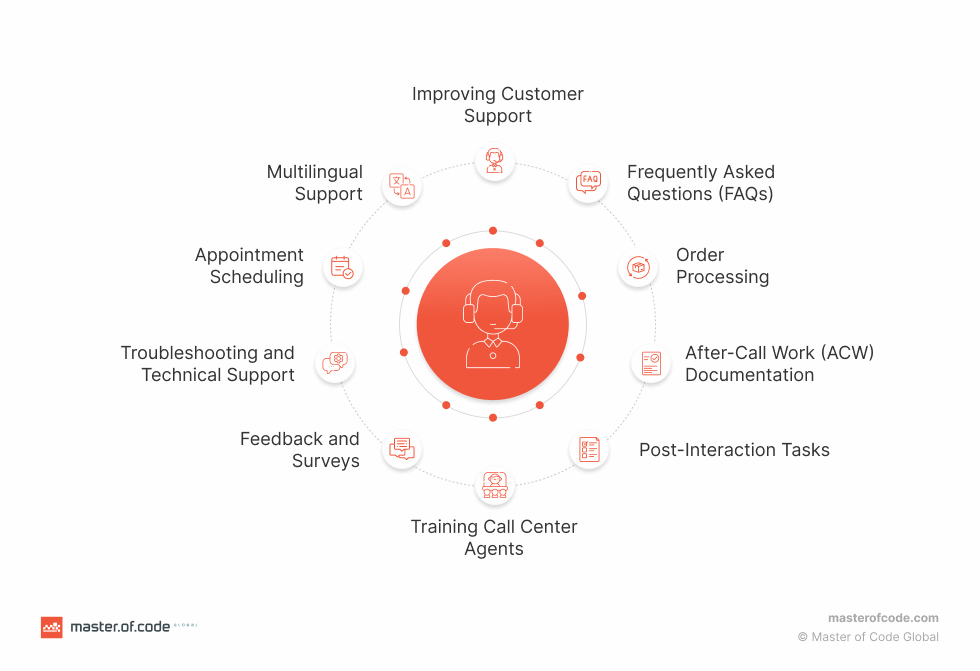
Automatic Call Distribution (ACD) Systems
Automatic Call Distribution (ACD) systems optimize call routing within the call center by automatically directing incoming calls to the most appropriate agent or department based on predefined criteria such as caller identity, issue type, or agent availability. This automation ensures that customers are connected to the right resource quickly, minimizing wait times and improving first-call resolution rates.
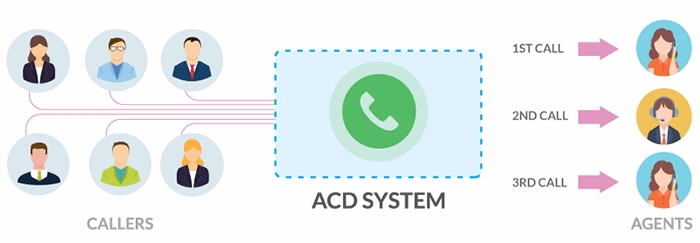
Workflow automation
Workflow automation streamlines repetitive tasks and processes within the call center, reducing manual effort and improving operational efficiency. This automation can include automating data entry, scheduling appointments, sending notifications, and generating reports. By implementing workflow automation tools alongside call center automation software, businesses can automate administrative tasks, improve agent productivity, and enhance overall call center performance. Additionally, integrating workflow automation with time tracking and scheduling features allows for better resource allocation and workforce management, ensuring optimal staffing levels to meet customer demand.
Automatic Speech Recognition (ASR)
Automatic Speech Recognition (ASR) technology converts spoken language into text, enabling call center systems to analyze and interpret customer inquiries in real-time without human intervention. ASR enhances call center operations through transcription, voice biometrics, voice analytics, and automated responses. ASR identifies callers based on their unique voiceprints, streamlining authentication processes. Additionally, it analyzes customer conversations to extract insights, detect issues, and optimize agent performance. ASR also facilitates automated responses to common inquiries, reducing agent workload and improving response times. Integrated with call center automation platforms, ASR enhances communication channels, efficiency, and analytics capabilities, making it a valuable addition to call center automation.

Automated time tracking & scheduling software
Call center automation software plays a crucial role in streamlining operations and enhancing efficiency. One key aspect of this automation is automated time tracking, which optimizes workforce management and ensures accurate billing and reporting. Everhour, a versatile time tracker, seamlessly integrates with call center automation software to automate time tracking processes and streamline call center workflows.
Everhour: Key features for automating call center workflow and time tracking
Efficient time tracking: Everhour automates time tracking for call center agents, eliminating the need for manual data entry and ensuring accurate recording of billable hours. Agents can easily track the time spent on different tasks and projects directly within the call center automation platform, reducing administrative overhead and improving productivity.
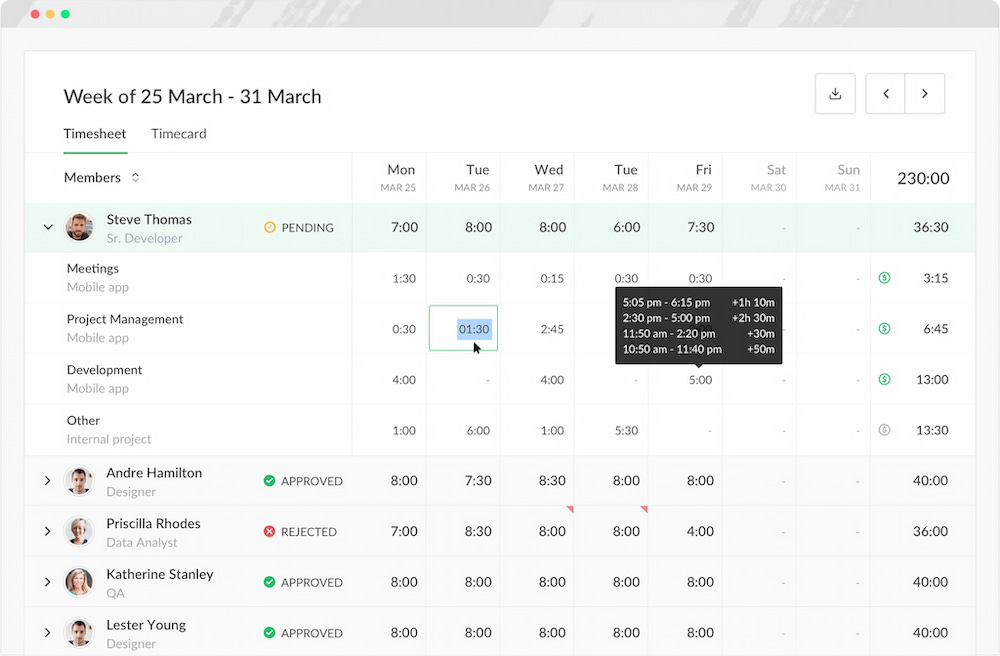
Integration capabilities: Everhour integrates seamlessly with popular tools and software like Asana, Insightly, Freshbooks, and Notion, among others, allowing for smooth data exchange and synchronization between systems. This integration enables automated time tracking to be seamlessly integrated into existing call center workflows, providing real-time insights into agent performance and resource utilization.
Customizable reporting: Everhour offers customizable reporting features that provide detailed insights into call center operations. Managers can generate reports on agent performance, project progress, and resource allocation, enabling data-driven decision-making and performance optimization.
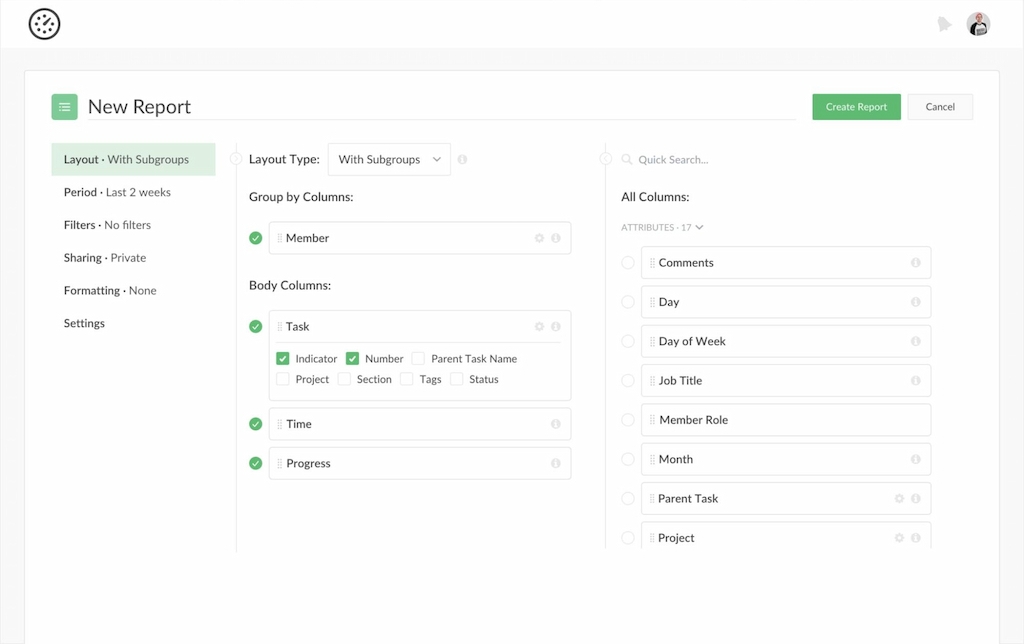
Enhanced workflow efficiency: By automating time tracking processes, Everhour enhances workflow efficiency within call centers. Agents can focus on delivering exceptional customer service without the hassle of manual time tracking, while managers gain greater visibility and control over operations.
Streamlined billing and invoicing: Everhour’s automated time tracking capabilities facilitate accurate billing and invoicing processes. With precise records of billable hours, call center managers can ensure transparent and timely invoicing, leading to improved client satisfaction and revenue management.
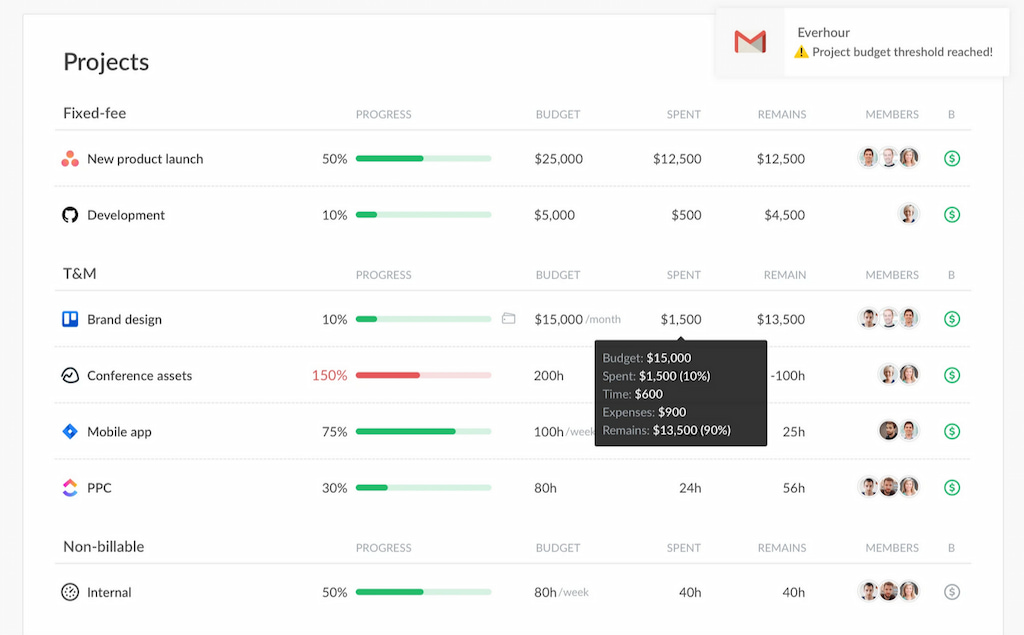
Scheduling software plays a pivotal role in optimizing workforce management within call centers. By automating the scheduling process, call center automation software can streamline operations, improve efficiency, and enhance employee productivity. One standout option in this domain is Shifts by Everhour, offering a range of features tailored to meet the unique needs of call center environments.
Shifts by Everhour: Key features for automating call center scheduling
Intuitive shift creation: Shifts by Everhour simplifies the process of creating and managing shifts with its user-friendly interface. Call center managers can easily schedule shifts, assign tasks, and adjust call center scheduling as needed, reducing administrative burden and ensuring optimal staffing levels.
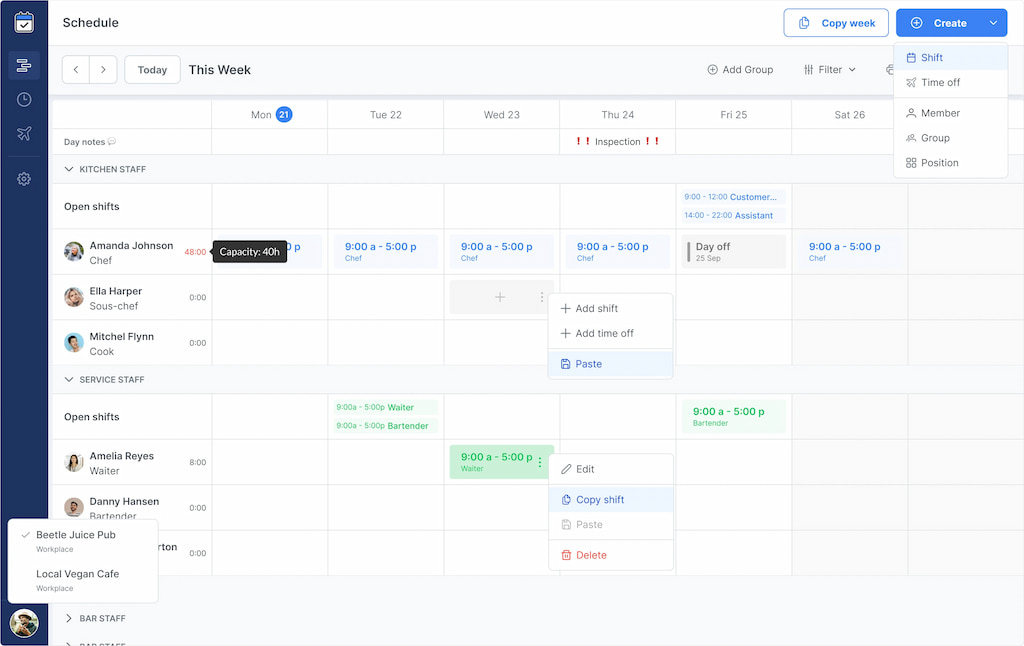
Real-time updates: Keep your call center team informed and engaged with real-time updates. Agents can access their schedules, swap shifts, and request time off directly from the Shifts by Everhour platform, fostering better communication and collaboration among team members.
Availability tracking: Gain insights into agent availability and preferences with Shifts by Everhour’s availability tracking feature. This functionality helps managers avoid scheduling conflicts and ensures adequate coverage during peak call times.
Mobile accessibility: With Shifts by Everhour’s mobile app, agents can clock in and out, view their schedules, and manage their shifts on the go. This mobile accessibility enhances flexibility and empowers agents to stay connected and productive from anywhere.
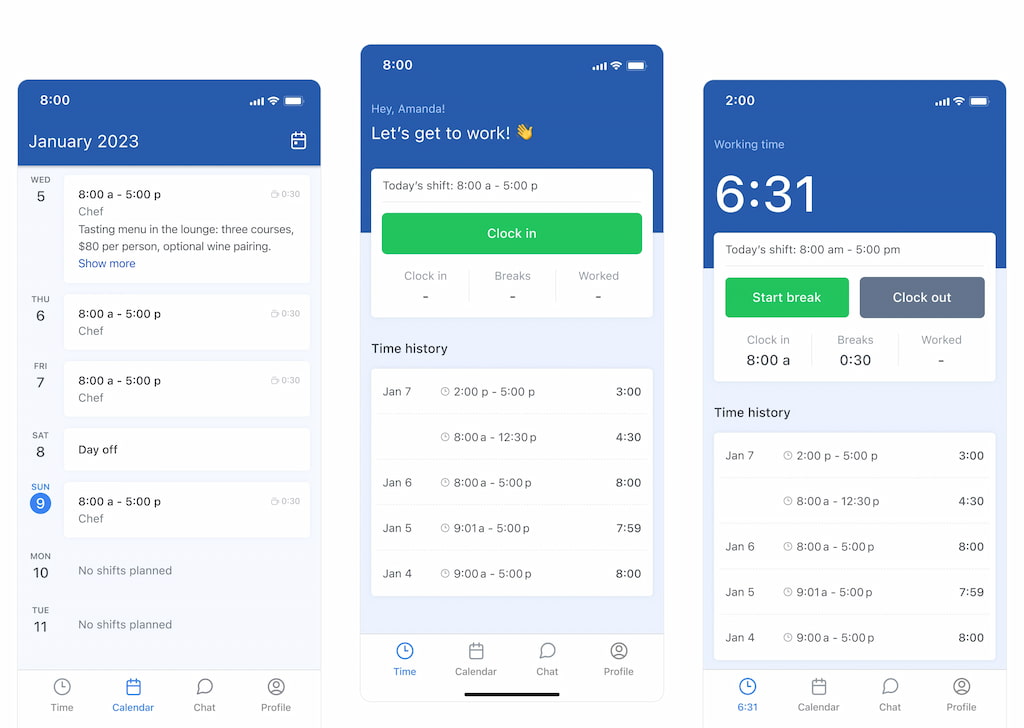
Customizable reporting: Shifts by Everhour offers customizable reporting tools that provide valuable insights into scheduling efficiency and workforce performance. Managers can analyze data to identify trends, optimize schedules, and make informed decisions to drive operational excellence.
What to Look for in Call Center Automation Software
📊 Advanced analytics
Seek software equipped with real-time analytics capabilities leveraging natural language processing to analyze customer interactions. These insights help in understanding customer sentiments, identifying trends, and improving service delivery.
🔧 Seamless integrations
Look for software that seamlessly integrates with your existing systems and tools, ensuring smooth operations and maximizing efficiency across the board.
🔁 Automated feedback loops
Opt for software that automates the process of gathering customer feedback across various channels. This feature facilitates prompt responses to customer concerns and enables organizations to close the feedback loop effectively.
📃 Robust reporting
Choose software with robust reporting functionalities that provide detailed insights into call center performance, agent productivity, and customer satisfaction metrics. Customizable reports allow for tailored analysis to drive informed decision-making.
⚠️ Alerting mechanisms
Prioritize software that offers customizable alerting mechanisms to notify agents and managers about critical events, such as spikes in call volume or unresolved customer issues, in real-time.
💯 Quality assurance tools
Select software with built-in quality assurance tools that automate the evaluation of agent interactions. This feature helps maintain service quality standards, ensures compliance with regulations, and enables continuous improvement of agent performance.
Call Center Automation Software: Conclusion
In conclusion, the call center automation software offers immense potential for revolutionizing customer service operations and driving organizational success.
As technology continues to evolve, embracing call center automation, alongside innovative tools like Everhour and Shifts by Everhour, becomes increasingly vital for organizations aiming to stay ahead in today’s competitive landscape. By investing in the right automation solutions and continuously adapting to meet evolving customer needs, businesses can unlock new levels of performance and achieve sustainable growth in the dynamic world of customer service.
